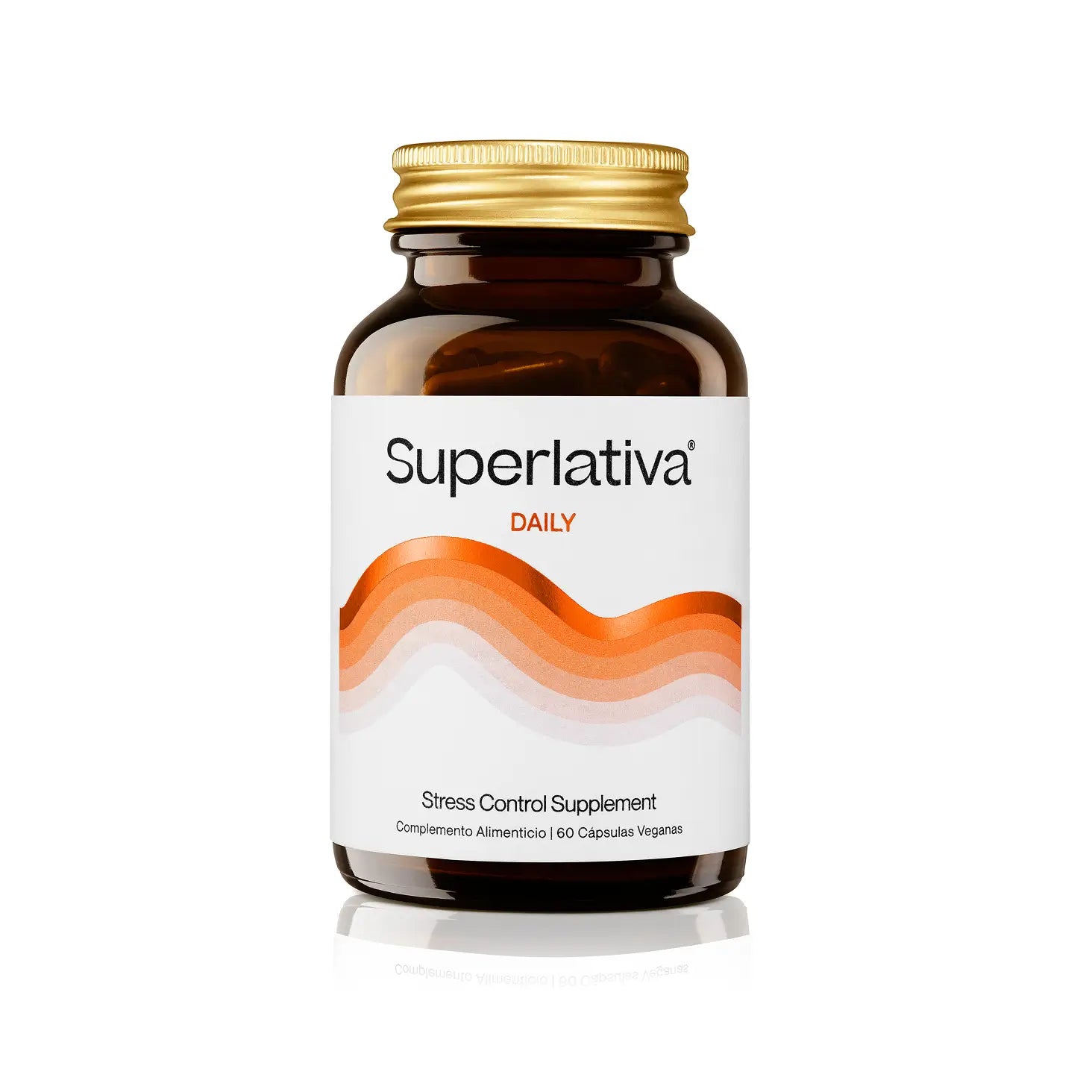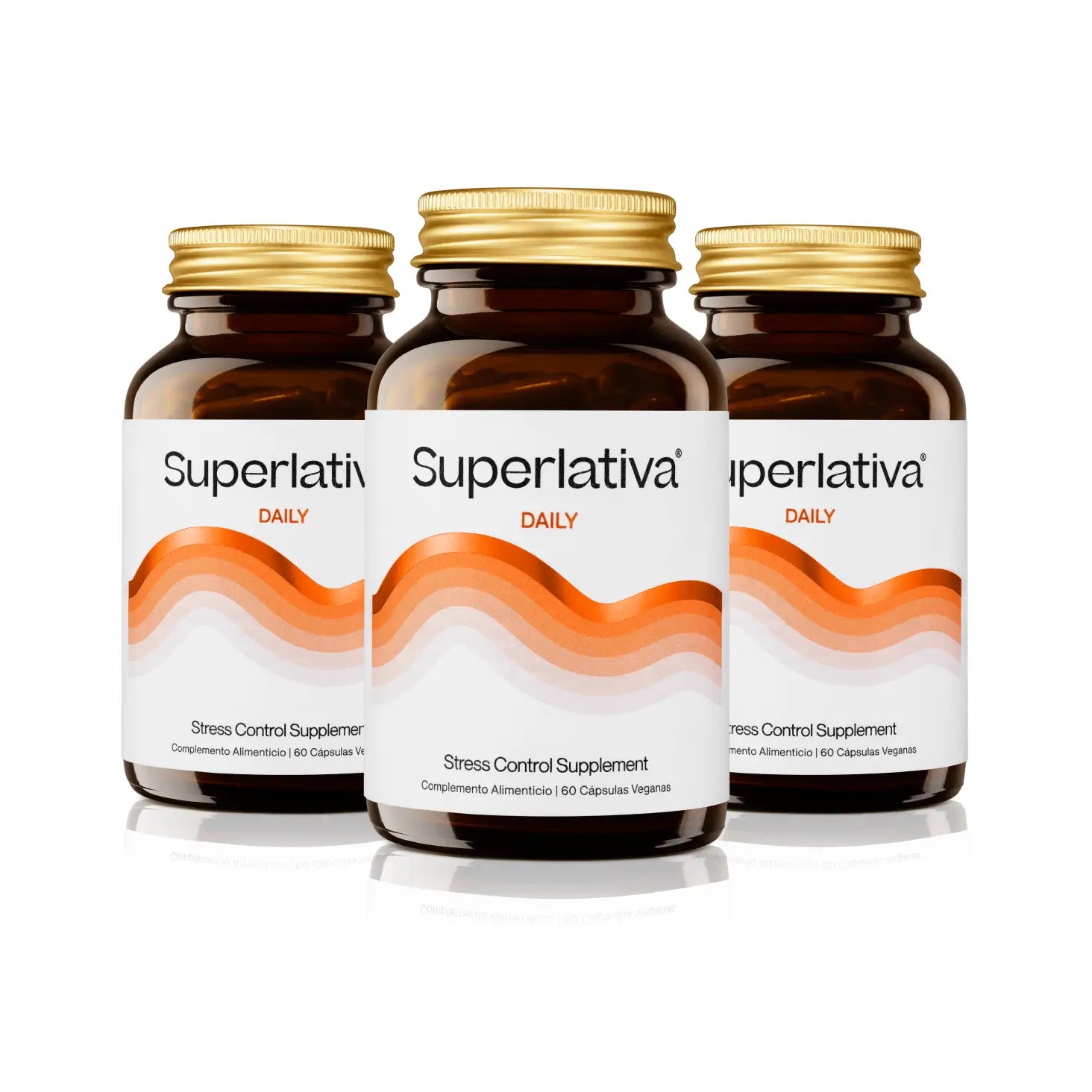The word "selenium" comes from the Greek "selene," meaning "moon," as the element was discovered through the analysis of lunar dust.
Selenium is an essential element. This means your body must obtain this mineral from external sources. Selenium is an essential trace mineral found in foods and dietary supplements, and is important for a variety of bodily processes.
What is Selenium?
Selenium is a naturally occurring mineral element, widely distributed in nature in most rocks and soils. In pure form, it exists as metallic-gray to black hexagonal crystals, but in nature it is usually combined with sulfide or with minerals of silver, copper, lead, and nickel.
Health benefits of selenium
Selenium supplementation may have several health benefits, especially in people who are selenium deficient.
Improved immune function.
Preventing cell damage. Selenium helps the body produce special proteins called antioxidant enzymes.
Prevention of cardiovascular diseases.
Improved thyroid function.
Protect the body from the toxic effects of heavy metals and other harmful substances.
Properties of selenium
Selenium is an essential mineral that acts as an antioxidant and is involved in various biological functions in the body. Selenium supplementation is known to have several health-promoting properties. Some of the key benefits of selenium supplementation include:
Antioxidant: Selenium helps protect the body's cells from damage caused by free radicals, which are unstable molecules produced during normal metabolism and in response to environmental stress.
Immune System: Selenium is necessary for proper immune system function, helping to fight infection and inflammation.
Thyroid: Selenium is necessary for the proper production of thyroid hormones, which regulate metabolism and growth.
Heart: Selenium may help reduce the risk of cardiovascular disease by reducing inflammation.
Reproductive health: Selenium is essential for reproductive health in both men and women. It can improve sperm quality and may help reduce the risk of problems such as miscarriage and infertility.
Foods rich in Selenium
Plant foods, such as vegetables, are the most common dietary sources of selenium. The amount of selenium present in the vegetables consumed depends on the amount of the mineral present in the soil where the plant grew.
Brazil nuts are a very good source of selenium. Fish, shellfish, red meat, grains, eggs, chicken, liver, and garlic are also good sources. Meats obtained from animals that ate grains or plants grown in selenium-rich soils have higher levels of this mineral.
Brewer's yeast, wheat germ, and enriched breads are also good sources of selenium.
How much selenium do I need?
The daily amount of selenium you need depends on your age. The average daily amounts, expressed in micrograms (mcg), described by the National Institutes of Health (NHI), are as follows:
| Stage of life | Recommended quantity |
| Babies up to 6 months of age | 15 mcg |
| Babies 7 to 12 months old | 20 mcg |
| Children from 1 to 3 years old | 20 mcg |
| Children from 4 to 8 years old | 40 mcg |
| Teenagers from 14 to 18 years of age | 55 mcg |
| Adults 19 to 70 years of age | 55 mcg |
| Adults 71 years of age or older | 55 mcg |
| Pregnant women and adolescents | 60 mcg |
| Women and adolescents during breastfeeding | 70 mcg |
How is selenium deficiency detected?
A lack of selenium in the body can be detected through several methods, including laboratory testing and evaluation of the individual's clinical symptoms. Some common methods for detecting selenium deficiency include:
Blood tests: Selenium levels in the blood can be measured through a specific blood test. A low selenium level in the blood may indicate a possible selenium deficiency.
Urine analysis: Selenium concentration in urine can also be measured to assess selenium intake and status in the body.
Clinical symptom assessment: Clinical symptoms associated with selenium deficiency, such as muscle weakness, fatigue, hair loss, brittle nails, among others, may be assessed by a physician or healthcare professional to determine possible selenium deficiency.
Dietary assessment: Assessing dietary selenium intake through a food diary can help determine whether a person is getting enough selenium in their diet. A lack of selenium-rich foods in the diet can be an indicator of a possible selenium deficiency.
Risks of excess selenium
Yes, selenium can be harmful when consumed in excess. Although selenium is an essential nutrient necessary for proper body function, excessive selenium intake can result in selenium toxicity or seleniosis, a medical condition caused by elevated selenium levels in the body.
Symptoms of selenium toxicity can vary and may include nausea, vomiting, diarrhea, weakness, fatigue, hair loss, brittle nails, irritability, nerve and neurological problems, and in severe cases, symptoms such as respiratory distress, heart failure, and kidney problems. Symptoms of selenium toxicity may occur with high doses of selenium supplements or with prolonged exposure to high levels of selenium in the environment, such as in areas with selenium-rich soil.
It is important to note that the appropriate dose of selenium varies depending on each individual's age, sex, and health status and should be supervised by a healthcare professional. The tolerable daily intake (TDI) of selenium established by the European Food Safety Authority (EFSA) is 60 micrograms per day for adults, and the maximum recommended dose for selenium supplementation is typically in the range of 100–200 micrograms per day. However, selenium supplementation should only be done under the supervision of a healthcare professional, and exceeding the recommended doses is not recommended.
What happens if I don't consume enough Selenium?
According to the NIH, selenium deficiency can cause Keshan disease (a heart condition) and infertility in men. It may also cause Kashin-Beck disease, a type of arthritis that causes pain, swelling, and loss of movement in the joints.
How to take Selenium?
Selenium is found in many multivitamin, mineral, and other dietary supplements. It comes in various forms, including selenomethionine and sodium selenate.
You can find Selenium in our antioxidant supplement .
Cosmetics in capsules. Formulated with clinically proven ingredients to enhance beauty at the cellular level. BENEFITS: Antioxidant formula protects and slows skin aging. Increases natural collagen production. Helps the body combat the effects of… read more
Selenium, does it have contraindications?
It's important to note that adequate selenium levels are important for health, but excess selenium can be toxic. The recommended daily allowance for selenium varies by age and gender, but generally ranges from 55 to 70 micrograms per day for adults.
Literature
https://medlineplus.gov/spanish/ency/article/002414.htm
https://ods.od.nih.gov/factsheets/Selenium-DatosEnEspanol/
https://ods.od.nih.gov/pdf/factsheets/Selenium-DatosEnEspanol.pdf
https://scielo.isciii.es/pdf/nh/v28n5/05revision04.pdf
https://www.ucm.es/data/cont/docs/458-2017-12-02-cap-10-minerales-2017.pdf
https://www.redalyc.org/pdf/863/86311783003.pdf
https://www.fen.org.es/anibes/archivos/documentos/ANIBES_numero_21.pdf
https://www.scielo.sa.cr/scielo.php?script=sci_arttext&pid=S1017-85462005000100006
https://www.atsdr.cdc.gov/toxfaqs/tfacts92.html








